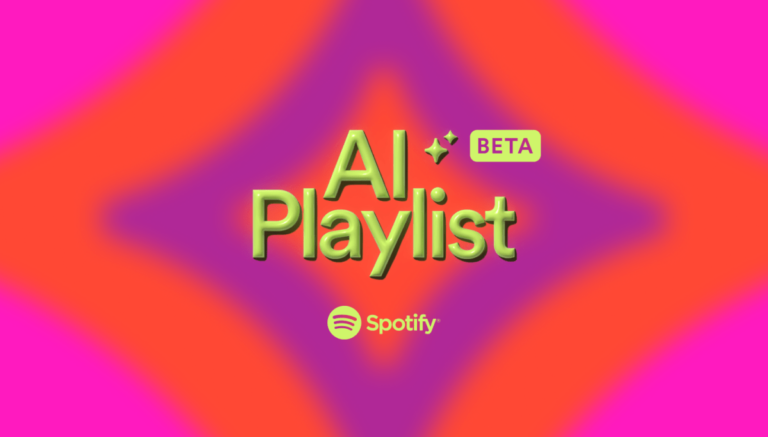
Spotify already found success with its popular AI DJ feature, and now the streaming music service is bringing AI to playlist creation.
The company on Monday introduced AI playlists into beta, a new option that allows users to generate a playlist based on written prompts.
In terms of the technology, Spotify says it’s using large language models (LLMs) to understand the user’s intent.
A pop-up menu appears showing the AI Playlist as a new option alongside the existing “Playlist” and “Blend” options.
Ahead of AI playlists, Spotify launched a similar feature, Niche Mixes, that allowed users to create personalized playlists using prompts, but the product did not leverage AI technology and was more limited in terms of its language understanding.
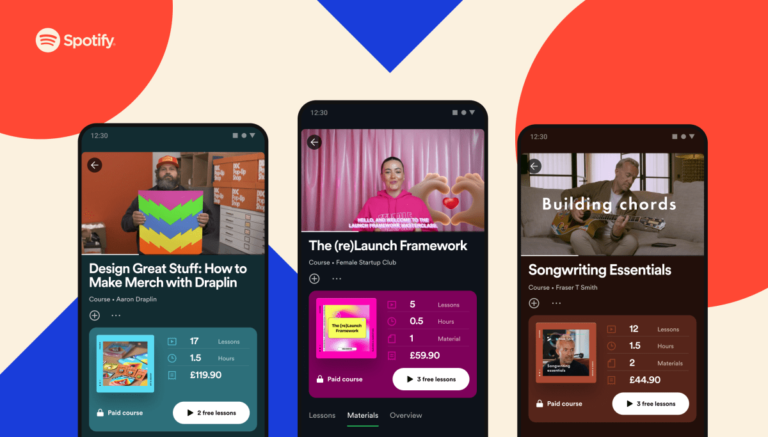
Spotify has carved out a business for itself in music streaming, podcast entertainment and audiobooks.
Starting with a rollout in the U.K., Spotify is testing the waters for an online education offering of freemium video courses.
Mohit Jitani, the London-based product director for the education business, said in an interview that pricing choices were part of what it’s testing.
Around half of Spotify Premium subscribers have listened to education or self-help themed podcasts, Spotify says.
Offering educational content aimed at running a business, or improving your music production, fits with that.
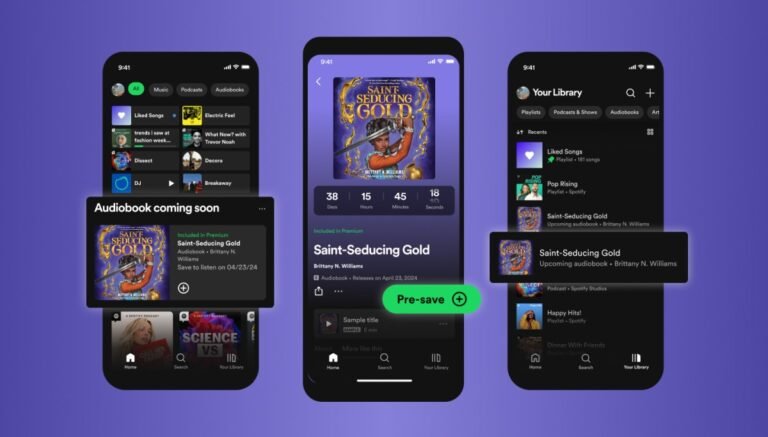
Spotify is enhancing its audiobooks streaming service with a feature that may be familiar to the app’s music consumers: Countdown Pages.
For audiobooks, the Countdown Pages will allow Spotify’s users to pre-save books ahead of their release.
With the addition of the new Countdown Pages feature, Spotify hopes to grow the service’s adoption further by tapping into its larger global user base of over 600 million listeners.
Otherwise, Spotify’s free users can now opt into a standalone audiobooks subscription for $9.99 per month, which debuted earlier this month.
Countdown pages for audiobooks will launch in all markets where Spotify’s audiobooks are available, including the U.S., U.K. Australia, Canada, Ireland and New Zealand.
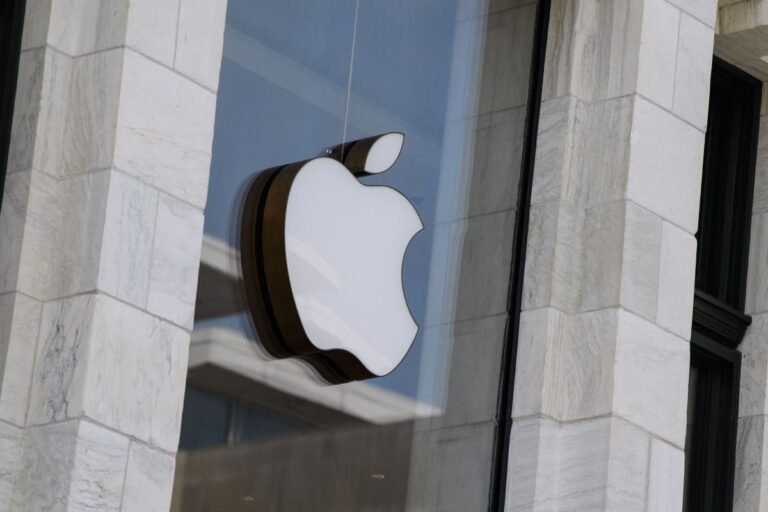
Apple says it plans to appeal the historic €1.84 billion fine issued today by the European Commission over Apple’s anticompetitive practices in the streaming music market.
Apple again stressed that Spotify pays Apple nothing in terms of App Store commissions because it sells its subscriptions only on Apple’s website.
“They want to use Apple’s tools and technologies, distribute on the App Store, and benefit from the trust we’ve built with users — and to pay Apple nothing for it,” Apple says.
“In short, Spotify wants more.”Apple says that while it respects the European Commission, the facts don’t support the decision, and ” as a result, Apple will appeal.”“Every day, teams at Apple work to keep that dream alive,” Apple wrote.
“We do it by making the App Store the safest and best experience for our users.
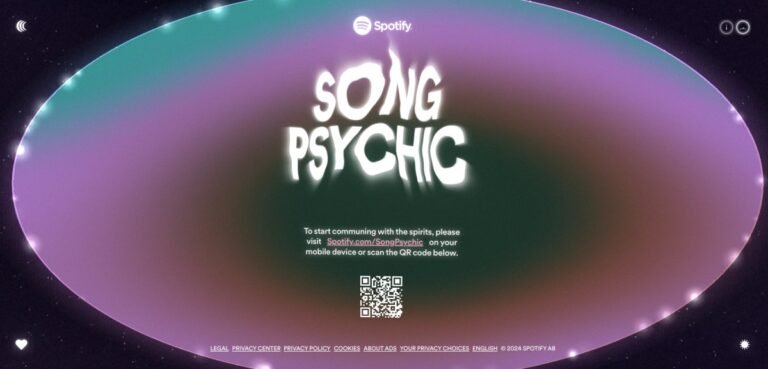
Spotify is rolling out a new feature called Song Psychic that will allow its customers to ask Spotify questions and get answers in the form of music.
The addition builds on the success of Spotify’s personalized, year-end review called Wrapped, which offers clever ways of turning Spotify’s music data into insights designed for social sharing.
But in the case of Song Psychic, the goal is not to look back and your listening history, but to leverage Spotify’s understanding of music and song titles to answer a range of personal questions — like those you might ask a psychic or Magic 8-Ball just for fun.
Just as a Magic 8-Ball sometimes refuses to answer a question with its “Ask Again Later” response, Spotify’s Song Psychic may respond with an answer of its own, like “Why?” instead of directly responding.
Song Psychic is available to Spotify’s free and Premium subscribers in 64 markets and in 21 languages, the company says.
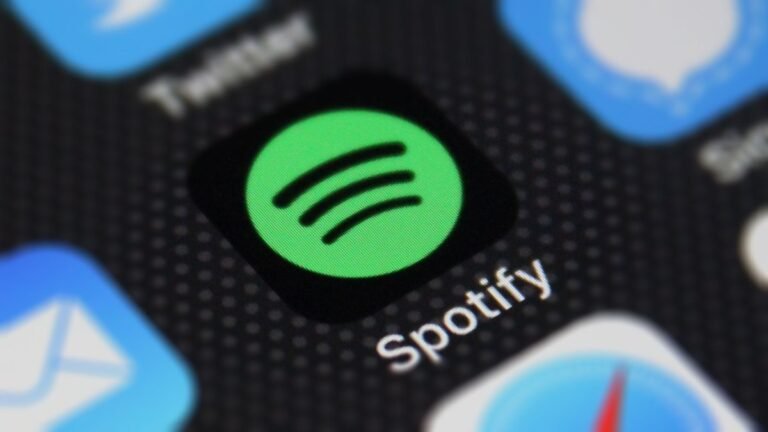
This week, the Financial Times reported the EC will issue its first-ever fine against the tech giant for allegedly breaking EU law over competition in the streaming music market.
It reads:We’re happy to support the success of all developers — including Spotify, which is the largest music streaming app in the world.
In the case of the EU complaint, the concern is that Apple’s App Store distorts completion in the music streaming market.
“There are other rivals to Apple Music — there are Deezer, there are Soundcloud.
A rep for the EC declined to comment on news related to Spotify’s complaint or any pending fines.

The new rules prevent “anti-steering” practices, whereby the platform owner — in this case Apple — prevents app developers from informing their users about alternative payment or subscription options.
And the DMA also has provisions for preventing gatekeepers from requiring developers to use their own payment services.
“For years, even in our own app, Apple had these rules where we couldn’t tell you about offers, how much something costs, or even where or how to buy it.
The DMA means that we’ll finally be able to share details about deals, promotions, and better-value payment options in the EU,” Spotify said in a blog post.
One where you can see all subscription pricing, promotions or deals, and even make purchases, all seamlessly within the app.

That’s up to your Spotify Daylist, an algorithmically-generated playlist inspired by your listening habits, which changes several times per day.
With the sudden uptick in posts about Spotify’s Daylists, you’d think that the feature only just came out, but it actually launched in September.
The Instagram template positions Daylists as a new, more specific form of astrology, which is apt, because astrology and Daylists have the same appeal.
Spotify’s hyper-personalized, algorithmic features — from Spotify Wrapped to Daylists — are capitalizing on this same impulse.
And yet, time and time again, Spotify’s corporate leadership proves that it’s not in it for the love of music, nor podcasts.

Earlier this fall, Spotify was found to be developing a new feature that would allow its streaming app users to create playlists using AI technology and prompts.
Now, that “AI playlists” feature has been spotted in the wild, as part of a test that to see how users will respond to AI-driven playlist creation.
Here, a pop-up menu appears and the AI playlist feature is a new option underneath the existing “Playlist” and “Blend” options.
The feature’s description reads “Turn your ideas into playlists using AI” and notes that it’s currently only available in English.
It remains to be seen if and when the new AI feature goes live to the public.
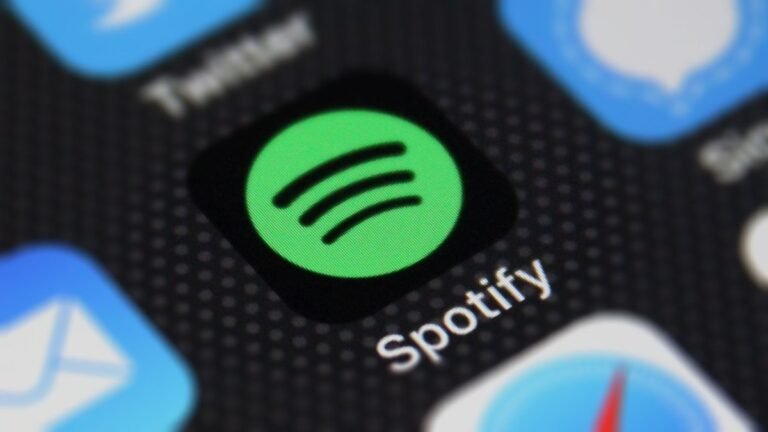
When Daniel Ek was asked during Spotify’s Q4 earnings call today about plans to become more social, he didn’t shoot down the idea outright. Instead, he replied that social could…












